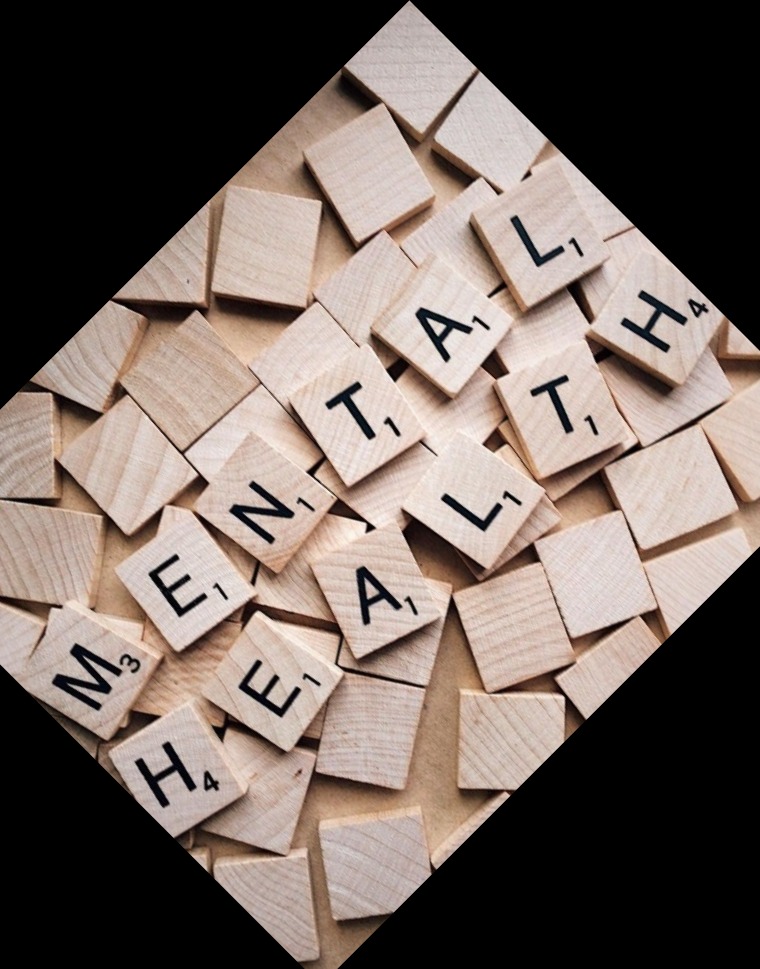How Mental Health is Treated with a Mental Health Counselor
A mental health counselor is a trained professional who helps individuals manage emotional, psychological, or behavioral issues. Treatment typically involves:
1. Assessment and Diagnosis
- The counselor begins by evaluating the client’s mental and emotional state.
- This may include interviews, questionnaires, and observation.
- A diagnosis (if applicable) may guide the course of treatment.
2. Talk Therapy (Psychotherapy)
- Cognitive Behavioral Therapy (CBT): Helps clients identify and change negative thought patterns and behaviors.
- Dialectical Behavior Therapy (DBT): A type of CBT that focuses on emotional regulation and interpersonal effectiveness.
- Person-Centered Therapy: Focuses on creating a supportive environment where the client leads the direction of therapy.
- Trauma-Informed Therapy: Addresses the impact of past trauma on current mental health.
3. Goal Setting and Skill Building
- Counselors help clients set realistic goals for change.
- Clients learn coping skills, stress management techniques, and emotional regulation strategies.
4. Support and Psychoeducation
- Counselors educate clients about their conditions and mental health in general.
- They provide support and encouragement as clients work through challenges.
5. Referrals and Coordination of Care
- If needed, counselors may refer clients to psychiatrists for medication management.
- They may also collaborate with doctors, social workers, or school professionals.
